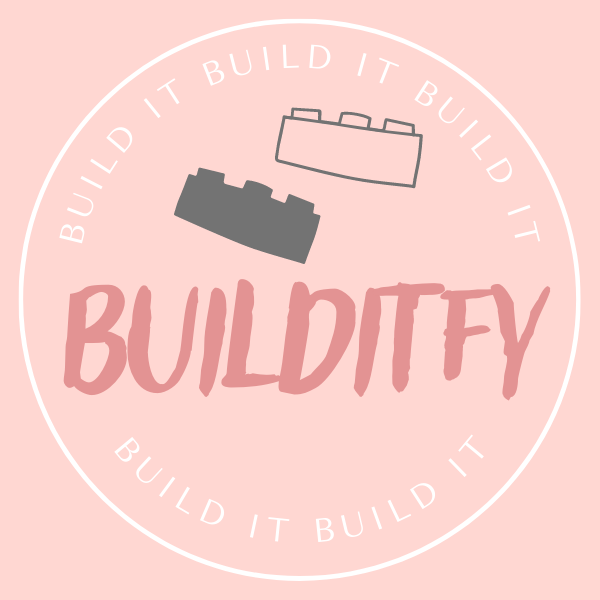In a world where our choices have far-reaching consequences, the power of ethical consumption has never been more important. As conscious consumers, we hold the key to driving positive change, one purchase at a time. Today, we'll explore the art of making ethical choices when buying, and how small actions can lead to a greener, more sustainable future.
Understanding Ethical Purchasing
Ethical consumption is the practice of making purchasing decisions that align with our personal values and beliefs. It's about considering the impact our choices have on the environment, society, and the well-being of the people involved in the production process. By being mindful of where our money goes, we can use our purchasing power to support businesses and products that prioritize sustainability, fair labor practices, and social responsibility.
At the heart of ethical purchasing lies a set of key principles: transparency, sustainability, and social impact. We want to know the origins of the products we buy, the materials used, and the conditions under which they were made. Sustainability means choosing items that are designed to last, minimize waste, and reduce our environmental footprint. And social impact encompasses supporting businesses that treat their workers fairly, give back to their communities, and contribute to the greater good.
Environmental Considerations
One of the most pressing concerns in the realm of ethical consumption is the impact of single-use plastics. The proliferation of disposable items, from straws to cutlery, has had a devastating effect on our planet. Landfills are overflowing, and our oceans are choking on the sheer volume of plastic waste.
This is where sustainable alternatives, like the reusable cutlery offered by Builditfy, come into play. Lightweight, durable, and dishwasher-safe, these eco-friendly tools are the perfect replacement for their plastic counterparts. By choosing reusable options, we can significantly reduce our contribution to the plastic pollution crisis and leave a cleaner, greener world for future generations.
Factors to Consider When Making Ethical Purchases
When navigating the world of ethical consumption, there are several key factors to keep in mind. First and foremost, we must consider the materials used in the production of a product. Are they sustainable, renewable, and responsibly sourced? Secondly, we need to examine the manufacturing processes – are they energy-efficient, minimize waste, and adhere to fair labor standards?
Another crucial aspect is the company's values and transparency. Do they openly share information about their supply chain, environmental initiatives, and social impact? Reputable businesses that prioritize ethical practices will be upfront about their efforts to reduce their carbon footprint and support their local communities.
Practical Steps for Ethical Shopping
Embarking on the journey of ethical consumption can seem daunting, but with a few simple steps, it can become a seamless part of our everyday lives. Start by researching brands and products, looking for certifications and seals of approval that indicate a commitment to sustainability and social responsibility. Prioritize quality over quantity, investing in items that are built to last and can be reused or repurposed.
When possible, support local and small businesses that align with your values. These enterprises often have a more transparent supply chain and a deeper connection to their communities. By consciously choosing where to spend our money, we can create a ripple effect of positive change.
Economic and Social Impact of Ethical Choices
The impact of our ethical purchasing decisions extends far beyond the individual. When we choose to support businesses that prioritize sustainability and fair labor practices, we're not only reducing our environmental footprint but also contributing to the creation of a more equitable and prosperous global economy.
By encouraging responsible business models, we're incentivizing companies to adopt more ethical practices, which can lead to better working conditions, higher wages, and greater opportunities for marginalized communities. This, in turn, strengthens local economies and fosters a more inclusive, resilient society.
Conclusion
In a world where our choices hold the power to shape the future, the act of ethical consumption becomes a powerful tool for change. By making informed, mindful decisions when we shop, we can drive positive transformation, support sustainable businesses, and leave a lasting legacy for generations to come.
The journey of ethical purchasing may start with small steps, but each choice we make has the potential to create a ripple effect that reaches far beyond our individual lives. So, let us embrace the power of ethical consumption, and together, build a brighter, more sustainable tomorrow.

